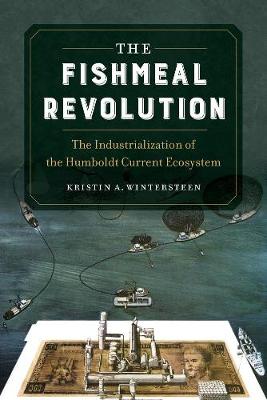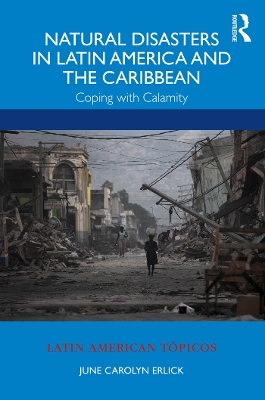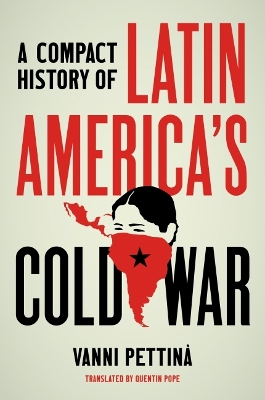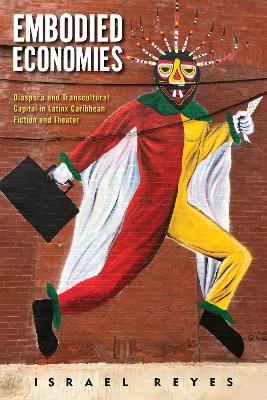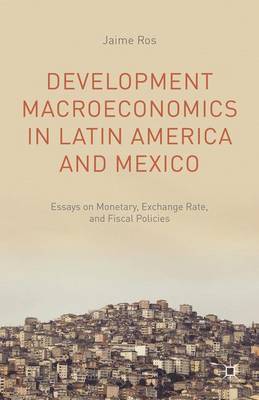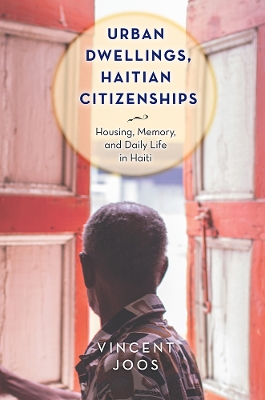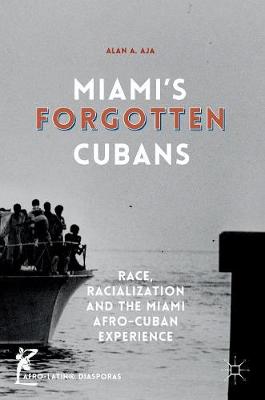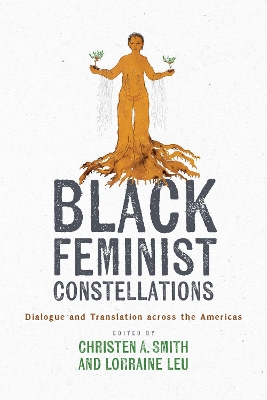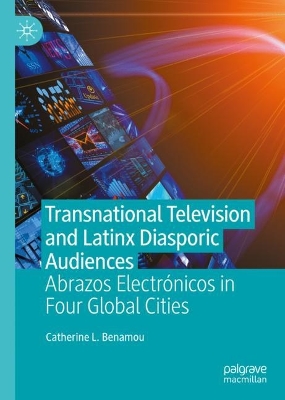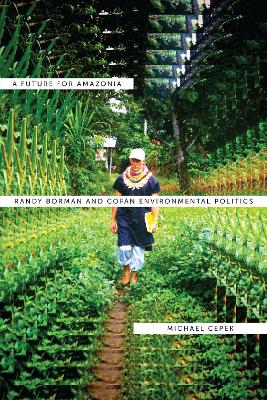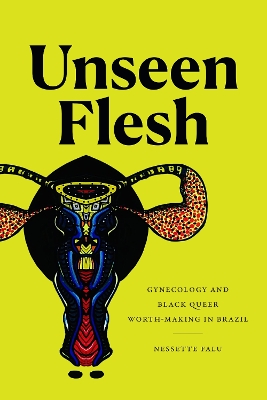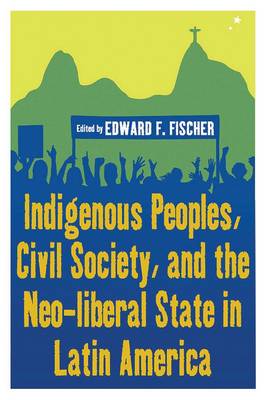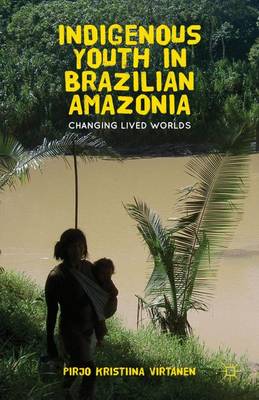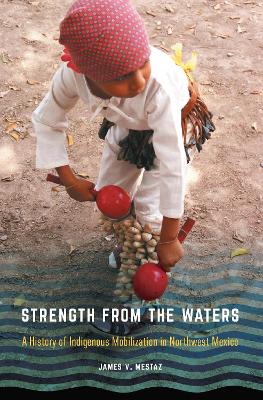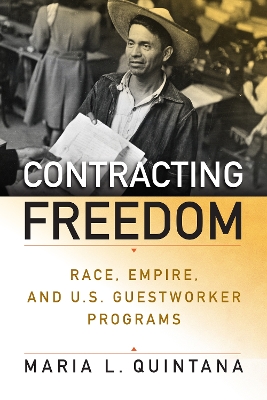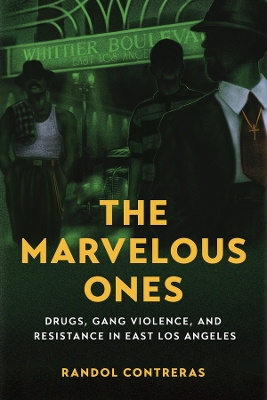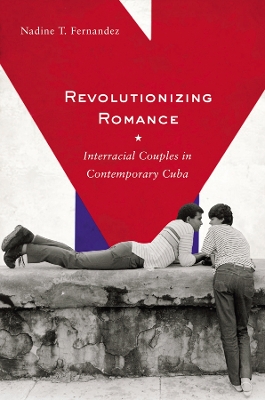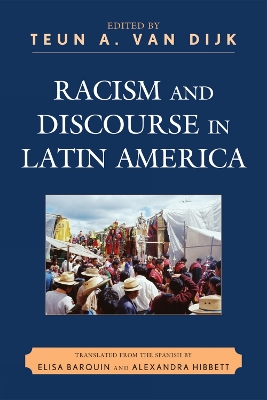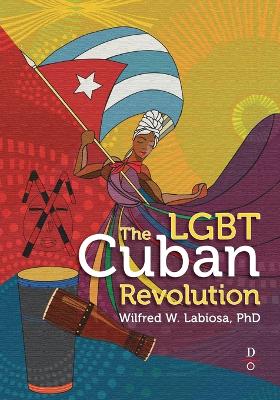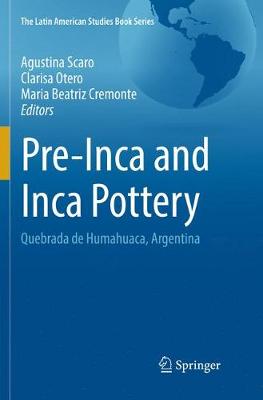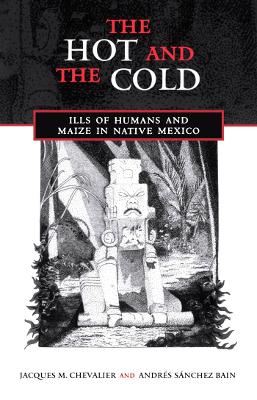Natural Disasters in Latin America and the Caribbean (Latin American Topicos)
by June Carolyn Erlick
Natural Disasters in Latin America and the Caribbean: Coping with Calamity explores the relationship between natural disasters and civil society, immigration and diaspora communities and the long-term impact on emotional health. Natural disasters shape history and society and, in turn, their long-range impact is determined by history and society. This is especially true in Latin America and the Caribbean, where climate change is increasing the frequency and intensity of these extreme events. Ra...
A Compact History of Latin America's Cold War (Latin America in Translation/En Traduccion/Em Traducao)
by Vanni Pettina
While not commonly centered in the Cold War story, Latin America was intensely affected by that historic conflict. In this book, available for the first time in English, Vanni Pettina makes sense of the region's diverse, complex political experiences of the Cold War era. Cross-fertilized by Latin American and Anglophone historiography, his account shifts from an overemphasis on U.S. interventions toward a comprehensive Latin American perspective. Connecting Cold War events to the region's politi...
Embodied Economies (Latinidad: Transnational Cultures in the United States)
by Israel Reyes
Development Macroeconomics in Latin America and Mexico brings the attention of academics, practitioners, and policy makers to the neglected macroeconomic factors that can account for both the unsatisfactory average growth performance of Latin American and the diversity around this average.
Many Rivers to Cross: Black Migrations in Brazil and the Caribbean (Critical Perspectives on Social Science)
Urban Dwellings, Haitian Citizenships (Critical Caribbean Studies)
by Vincent Joos
This book explores the reception experiences of post-1958 Afro-Cubans in South Florida in relation to their similarly situated “white” Cuban compatriots. Utilizing interviews, ethnographic observations, and applying Census data analyses, Aja begins not with the more socially diverse 1980 Mariel boatlift, but earlier, documenting that a small number of middle-class Afro-Cuban exiles defied predominant settlement patterns in the 1960 and 70s, attempting to immerse themselves in the newly formed bu...
A collection of essays, interviews, and conversations by and between scholars, activists, and artists from Latin America and the Caribbean that paints a portrait of Black women's experiences across the region. Black women in Latin America and the Caribbean suffer a triple erasure: as Black people, as women, and as non-English speakers in a global environment dominated by the Anglophone North. Black Feminist Constellations is a passionate and necessary corrective. Focused on and written by Black...
Transnational Television and Latinx Diasporic Audiences
by Catherine L Benamou
This book is based on a mixed-method, longitudinal study of the transmission, production, and reception of Spanish- and Portuguese-language television in four global cities with expanding Latinx diasporic populations. The author tracks and analyzes the production practices of Spanish-language broadcasters, the highlights of news and cultural affairs coverage, changes in the shooting locations and sociocultural discourses of telenovelas (both imported from Latin America and domestically produced)...
Blending ethnography with a fascinating personal story, A Future for Amazonia is an account of a political movement that arose in the early 1990s in response to decades of attacks on the lands and peoples of eastern Ecuador, one of the world’s most culturally and biologically diverse places. After generations of ruin at the hands of colonizing farmers, transnational oil companies, and Colombian armed factions, the indigenous Cofán people and their rain forest territory faced imminent jeopardy. I...
In Unseen Flesh Nessette Falu explores how Black lesbians in Brazil define and sustain their well-being and self-worth against persistent racial, sexual, class, and gender-based prejudice. Focusing on the trauma caused by interactions with gynecologists, Falu draws on in-depth ethnographic work among the Black lesbian community to reveal their profoundly negative affective experiences within Brazil’s deeply biased medical system. In the face of such entrenched, intersectional intimate violence,...
Indigenous Peoples, Civil Society, and the Neo-liberal State in Latin America
In recent years the concept and study of “civil society” has received a lot of attention from political scientists, economists, and sociologists, but less so from anthropologists. A ground-breaking ethnographic approach to civil society as it is formed in indigenous communities in Latin America, this volume explores the multiple potentialities of civil society’s growth and critically assesses the potential for sustained change. Much recent literature has focused on the remarkable gains made by...
In Latin America, young indigenous people have become visible subjects in ethnic and interethnic encounters. Their engagement with the global world, institutions, technology, religious ideas, and politics tells us how indigenous groups adapt, transform, and innovate in relation to wider social and cultural trends, and how resilient modes of thinking and practices are. We need to consider their transition to adulthood as a core dimension of personhood. Equally, if we are to understand young peopl...
Contracting Freedom (Politics and Culture in Modern America)
by Maria Quintana
Contracting Freedom is the first relational study of the origins of twentieth-century U.S. guestworker programs from Mexico and the Caribbean, focusing on their shared origins. It investigates these government-sponsored programs as the unexplored consequence of the history of enslaved labor, Japanese American incarceration, the New Deal, the long civil rights movement, and Caribbean decolonization. In the World War II era, U.S. lawmakers and activists alike celebrated guestworker agreements with...
An intimate portrait of LA gang members turning to drugs, nostalgia, and religion as they age and fight to stay relevant in a new era. Once celebrated in the gang world as rebels who defied the established prison order, veterano Maravilla gang members now grapple with the consequences of leading violent and drug-ridden lives. At once thrilling and tender, The Marvelous Ones sheds light on how these aging gang members struggle to stay meaningful in the face of addiction, violent trauma, and a...
The Wanano Indians of the northwest Amazon have a social system that differs from those of most tropical forest tribes. Neither stratified by wealth nor strictly egalitarian, Wanano society is "ranked" according to rigidly bound descent groups. In this pioneering ethnographic study, Janet M. Chernela decodes the structure of Wanano society. In Wanano culture, children can be "grandparents," while elders can be "grandchildren." This apparent contradiction springs from the fact that descent from...
Revolutionizing Romance
Scholars have long heralded mestizaje, or race mixing, as the essence of the Cuban nation. Revolutionizing Romance is an account of the continuing significance of race in Cuba as it is experienced in interracial relationships. This ethnography tracks young couples as they move in a world fraught with shifting connections of class, race, and culture that are reflected in space, racialized language, and media representations of blackness, whiteness, and mixedness. As one of the few scholars to con...
Racism and Discourse in Latin America (Perspectives on a Multiracial America)
Racism and Discourse in Latin America investigates how public discourse is involved in the daily reproduction of racism in Latin America. The essays examine political discourse, mass media discourse, textbooks and other forms of text, and talk by the white symbolic elites, looking at the ways these discourses express and confirm prejudices against indigenous people and against people from African descent. The essays show that ethnic and racial inequality in Latin America continue to exacerbate t...
The LGBT Cuban Revolution offers a comprehensive chronology of the LGBT rights movement in Cuba, highlighting the significant milestones, setbacks, and triumphs of this long and arduous journey. It also provides a detailed analysis of the social, cultural, and political factors that have influenced the course of this struggle, giving readers a nuanced understanding of the complexities of the fight for equality. This groundbreaking book contains never-before-seen photos and testimonials from LGB...
Pre-Inca and Inca Pottery (The Latin American Studies Book)
This volume presents a collection of articles which offer different perspectives for archaeological pottery studies, regarding the understanding of pre-Hispanic social practices in Quebrada de Humahuaca, Argentina. The aim of this volume is to contribute to Quebrada de Humahuaca archaeological knowledge and its inclusion in current discussions about Andean and worldwide history of pottery production. In 2003, Quebrada de Humahuaca was made a UNESCO World Heritage Site. Numerous tracks, roads and...
The Hot and the Cold (Anthropological Horizons)
by W. Andres (Sanchez) Bain and Jacques M. Chevalier
Pre-Hispanic notions of heat and cold continue to shape native Mexican ideas about health and illness in humans and food plants. In The Hot and the Cold, Jacques Chevalier and Andrés Sánchez Bain examine indigenous worldview and myth, and challenge the prevailing notion that hot-cold reasoning in Latin America is a product of the Hippocratic humoral doctrine brought by the Spaniards in the sixteenth century. Based on extensive field work in southern Veracruz, this innovative study details folk t...
